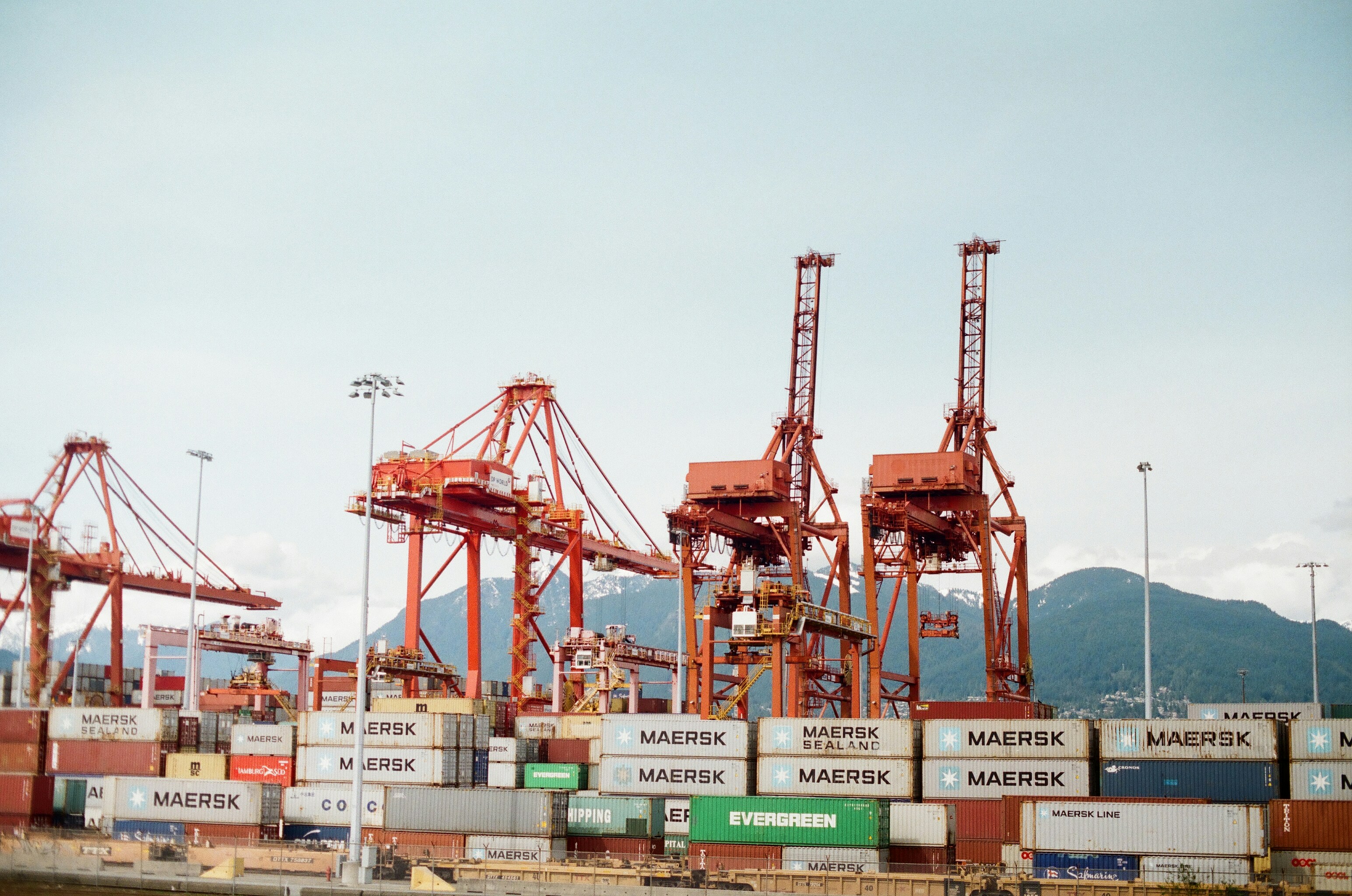Navigating the Landscape of Global Dynamics: A Contemporary Perspective
April 14, 2025 | by riseinternational40@gmail.com
Historical Context and Key Drivers of Global Growth
The evolution of globalization is marked by significant historical events and technological breakthroughs that have transformed the world into a highly interconnected entity. One of the byproducts of globalization is the increased interdependence of economies and societies, which can be traced back to several pivotal moments in history. The age of exploration in the 15th and 16th centuries, for instance, initiated trade routes that connected distant lands, laying the groundwork for international commerce.
Trade liberalization has been a major driving force behind the expansion of global markets. The dismantling of trade barriers, stimulated by agreements such as the General Agreement on Tariffs and Trade (GATT) and its successor, the World Trade Organization (WTO), facilitated a surge in cross-border trade. This not only boosted international commerce but also contributed to economic growth by allowing countries to specialize in the production of goods and services in which they have a comparative advantage. Furthermore, the reduction of tariffs and quotas promoted greater competition, resulting in lower prices and increased consumer choice.
In addition to trade liberalization, advancements in information technology have played a crucial role in fostering globalization. The development of the internet, mobile communication, and technological innovations has allowed for instantaneous communication and information exchange across borders. This has not only enhanced business operations but has also allowed for the rise of global supply chains, enabling firms to optimize their production processes and access markets previously thought unattainable.
The confluence of these economic, political, and social factors has shaped the contemporary landscape of global growth, establishing a framework through which modern economies interact. As countries have embraced globalization, the interconnectedness of markets has amplified, reinforcing the need for a nuanced understanding of global dynamics.
Challenges and Opportunities in a Globalized World
The phenomenon of globalization has fundamentally reshaped the dynamics of international relations, economics, and culture. As nations become increasingly interconnected, they experience a spectrum of challenges and opportunities that arise from this complex web of relationships. One significant challenge is the economic disparity between nations. While globalization has the potential to spur growth, it can also lead to a widening gap between developed and developing countries. Wealth tends to concentrate in regions with established infrastructures and markets, leaving others struggling to catch up.
Cultural homogenization is another pressing concern linked to globalization. The proliferation of global brands and media can overshadow local cultures, leading to a loss of cultural diversity. Communities often feel pressured to conform to dominant cultural narratives, which can erode traditional values and practices. As such, safeguarding cultural identities becomes a crucial challenge in a globalized context.
Environmental degradation is a third challenge associated with global trade. The increasing demand for goods stimulates production, often with little regard for sustainable practices. This results in significant environmental impacts, including deforestation, pollution, and the depletion of natural resources. Therefore, promoting environmentally sustainable practices is essential for mitigating the adverse effects of globalization on the planet.
Despite these challenges, globalization offers numerous opportunities for countries willing to navigate its complexities. Increased access to wider markets allows businesses to expand and diversify, fostering economic growth. This interconnectedness also facilitates the exchange of ideas and innovations, enriching societies with diverse perspectives and collaborative efforts. By embracing the benefits of globalization while addressing its challenges, nations can aspire to create a more equitable, sustainable, and prosperous world.
RELATED POSTS
View all


